Earth
Sign up for our newsletter
We summarize the week's scientific breakthroughs every Thursday.
-
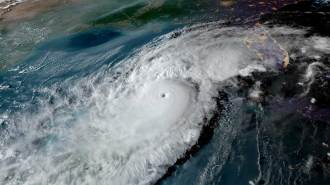 Climate
ClimateClimate change has amped up hurricane wind speeds by 29 kph on average
Every single Atlantic hurricane in 2024 had wind speeds supercharged by warming seas. One even jumped two categories of intensity.
By Nikk Ogasa -
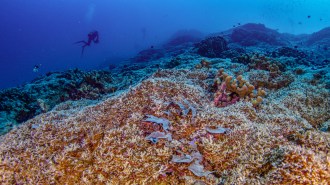 Oceans
OceansThe world’s largest coral was discovered in the South Pacific
The behemoth coral, discovered in October in the Solomon Islands, is longer than a blue whale and older than the United States.
By Nikk Ogasa -
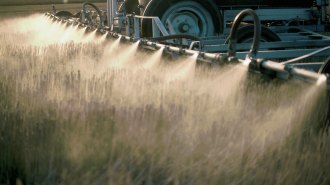 Health & Medicine
Health & Medicine22 pesticides show links to prostate cancer
The new finding comes from an analysis of pesticide use and prostate cancer incidence in over 3,100 U.S. counties.
-
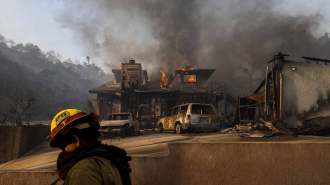 Environment
EnvironmentFire-prone neighborhoods on the fringes of nature are rapidly expanding
The transition zone where unoccupied wildlands meet developed areas increased globally by about 35 percent from 2000 to 2020.
By Nikk Ogasa -
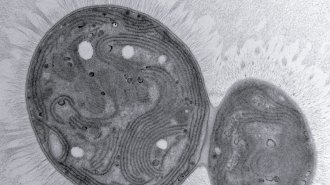 Climate
ClimateMeet Chonkus, the mutant cyanobacteria that could help sink climate change
The mutant of the lab-studied Synechococcus elongatus has traits good for ocean carbon storage.
-
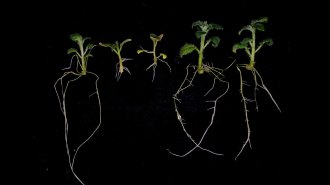 Agriculture
AgricultureExploiting a genetic quirk in potatoes may cut fertilizer needs
A gene controlling potato growth limits the plant’s fertilizer uptake. Tweaking related genes could lead to more sustainable potato varieties.
-
 Animals
AnimalsThis marine biologist discovered a unique blue whale population in Sri Lanka
In addition to studying the world’s only nonmigratory blue whales, marine biologist Asha de Vos seeks to change her compatriots’ attitudes toward the ocean.
By Sandy Ong -
 Climate
ClimateFans may not keep older adults cool during heat waves
Older adults are at higher risk of suffering health consequences during heat waves. Fans may not do enough to prevent that.
-
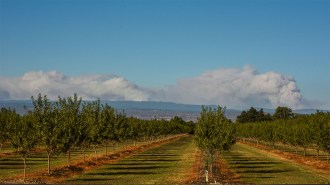 Agriculture
AgricultureMegafire smoke may dampen California’s nut harvests
The summer after wildfire smoke blocked sunlight for long stretches, harvests at some almond tree orchards in California’s Central Valley dropped.
-
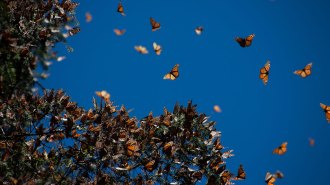 Environment
EnvironmentAn idea to save Mexico’s oyamel forests could help monarch butterflies too
Climate change is putting monarch butterflies’ overwintering forests in Mexico at risk. Could planting new forests solve that problem?
-
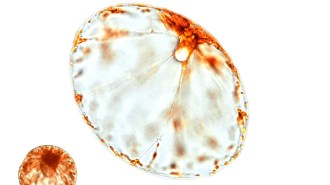 Oceans
OceansHow tiny phytoplankton trek long distances upward in the ocean
Taking in seawater while filtering out dense salts lets unicellular phytoplankton migrate tens of meters vertically toward sunnier seas.
-
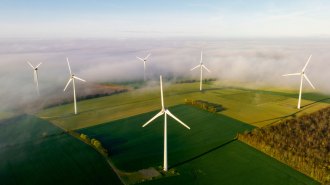 Science & Society
Science & SocietyThere’s a new term for attempting to own the wind: ventography
Nations established territorial claims underground to access oil and gas. Now they are expanding those claims upward to snag the wind.
By Sujata Gupta